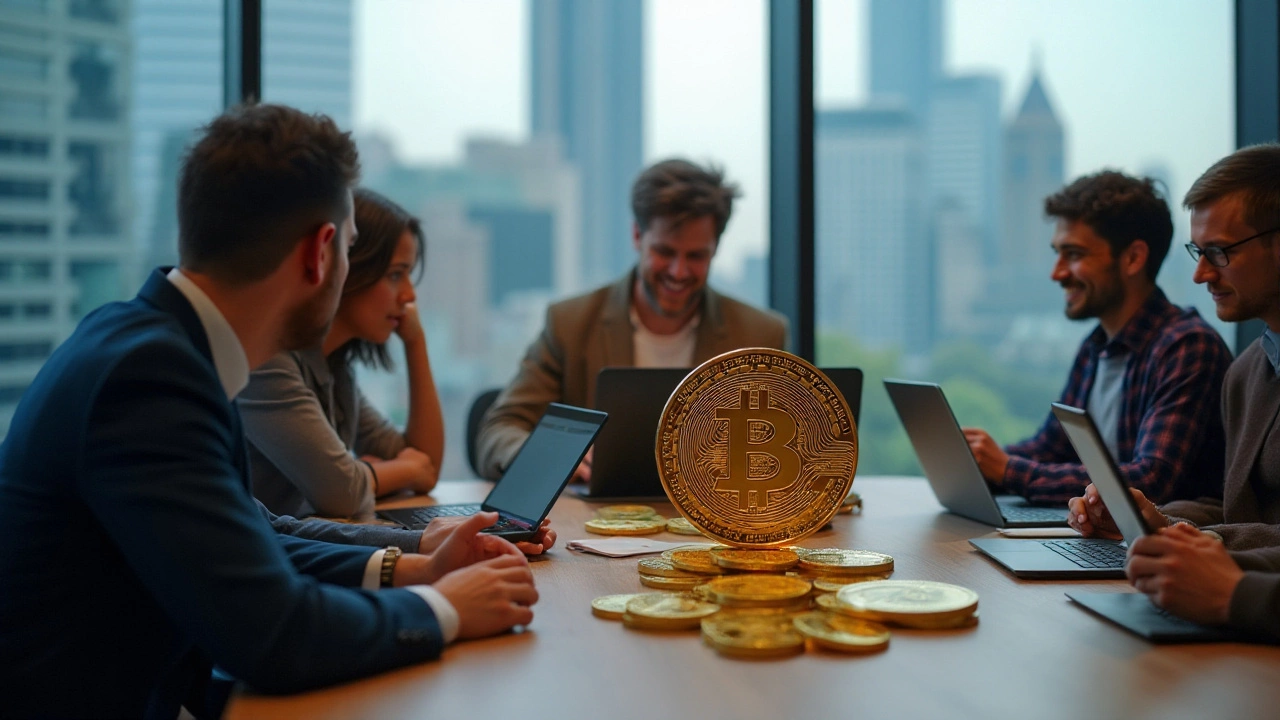Digital Assets: What They Are and How to Use Them Wisely
Did you think money only lived in your bank account? That’s changed. Digital assets like Bitcoin, other cryptocurrencies, and tokenized investments now sit alongside cash, stocks and property. They’re real value you can own, trade and spend, but they work differently from the stuff you’re used to.
How to Buy and Protect Digital Assets
First, pick a reputable exchange or platform. Look for clear fee structures, strong security, and good customer support. Once you’ve set up an account, verify your identity—most regulators require it, and it helps keep fraud away.
When you buy, move the coins to a personal wallet you control. A hardware wallet keeps the private keys offline, making it far harder for hackers to steal. Always back up your seed phrase on paper and store it in a safe place; losing it means losing access to your money.
Tax and Privacy Rules You Need to Know
In the UK, crypto trades are taxable. The 30‑day rule treats any crypto sold within 30 days of a purchase as a “wash sale,” which can affect your tax bill. Keep a spreadsheet of every purchase, sale and the date—this makes filing easier and avoids surprises.
Governments also watch crypto purchases. While you can stay relatively anonymous using privacy‑focused wallets, exchanges must report large transactions to tax authorities. If privacy matters, consider mixing services or peer‑to‑peer trades, but remember they may carry extra risk.
Besides Bitcoin, many people wonder which altcoin could hit $1 next. Tokens like Shiba Inu or PEPE have surged before, but their prices are driven by hype and market sentiment. Look for projects with real use cases, solid development teams and growing communities. A token that solves a problem—like faster payments or decentralized finance services—has a better chance of lasting.
Digital assets can boost your portfolio, but they’re volatile. Treat them as a small portion of your overall net‑worth—maybe 5‑10 %—unless you have a high risk tolerance. Diversify across several coins and consider stablecoins to park funds you might need soon.
Keeping your assets safe also means staying informed. Follow reputable news sources, watch for exchange outages, and be wary of giveaways promising free crypto. If something sounds too good to be true, it probably is.
Finally, think about why you’re adding digital assets. Are you looking for long‑term growth, a hedge against inflation, or just curious about new tech? Having a clear goal helps you pick the right coins, set realistic expectations and avoid panic selling when markets swing.
Digital assets are here to stay, and they’re becoming a regular part of many people’s financial lives. By buying wisely, protecting your keys, and staying on top of tax rules, you can enjoy the benefits without the headaches. Ready to give them a try?

Is Cryptocurrency Even Worth It? Honest Talk for Investors
Trying to figure out if cryptocurrency is worth your time and money? This article breaks down what’s actually going on with crypto, showing the upsides, the red flags, and real-life stories instead of just hype. Get some practical advice, see why people make or lose money, and learn tips to actually do your homework before buying in. Skip the jargon and find out if getting into crypto makes sense for you right now. Nothing sugarcoated, just the stuff you need to know.

Understanding Bitcoin Purchases: Who Really Profits?
When you buy Bitcoin, the path of your money might be more complex than it seems. This long-read article explores who benefits when a Bitcoin transaction is made, detailing the roles of all involved. It also highlights interesting facts about Bitcoin's journey in the financial world. Perfect for both beginners and pros aiming to understand the financial dance behind their digital asset transactions.





